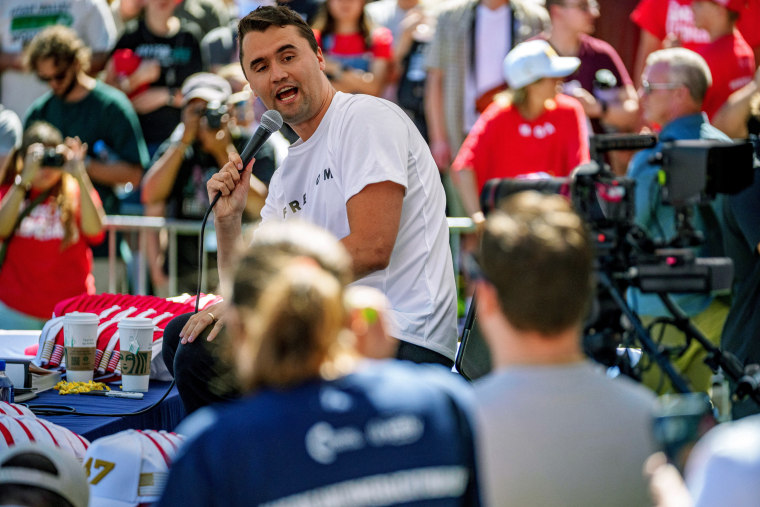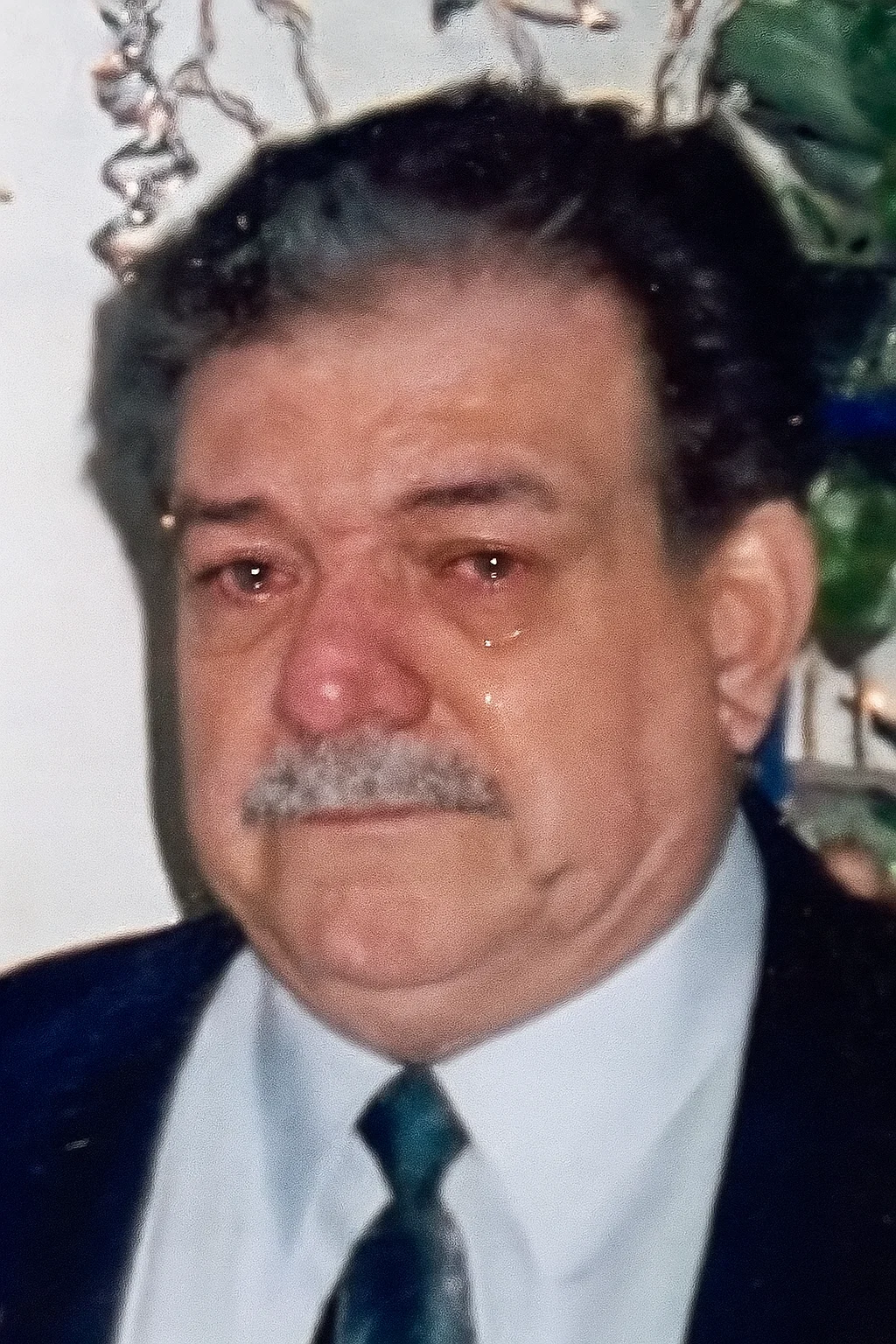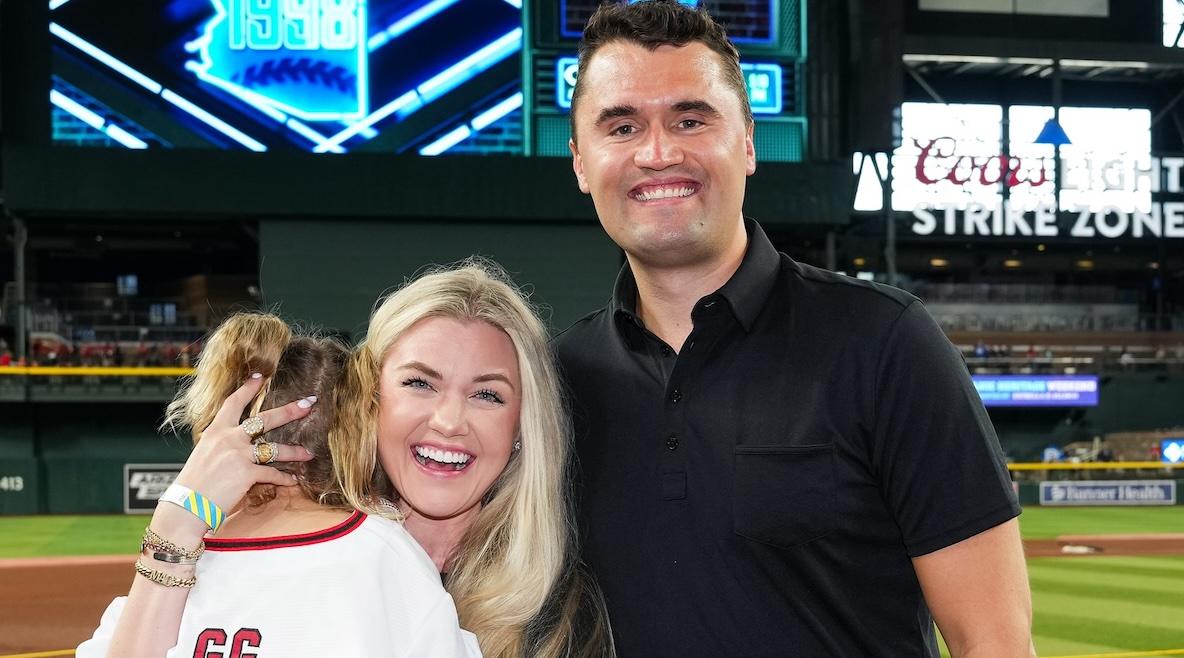
A father’s unadulterated grief became the beating heart of a nation’s agony at a moment that stopped time. A makeshift memorial of flowers, American flags, and handwritten notes grew in solemn remembrance of Charlie Kirk, the 31-year-old conservative firebrand whose life was cut short by an assassin’s hand on September 10, 2025, on a sweltering Monday afternoon in Phoenix, Arizona, outside the Turning Point USA headquarters.

But it was one moment—one gut-wrenching, primal cry—that seared itself into the collective consciousness, a viral video capturing the unbearable weight of a parent’s loss.

“Give me back my son!” The anguished plea of Charlie Kirk’s father, collapsing to his knees before the memorial, echoed across the silent crowd and, soon, the world. Filmed by a bystander’s shaky phone, the scene spread like wildfire across social media, racking up millions of views and shattering hearts with its unfiltered humanity. This was no longer about politics—it was about a father, broken, begging for a son who would never come home.


A Son, A Symbol, A Loss
Charlie Kirk was no stranger to the spotlight. At just 31, he had built an empire as the founder of Turning Point USA, his voice a lightning rod for conservative youth. His unapologetic rhetoric and relentless energy made him a hero to some, a villain to others, but always a force. Yet, in the shadow of his assassination, none of that mattered. The man who knelt in the Phoenix heat wasn’t mourning a political titan—he was mourning his boy.
The vigil, held just 24 hours after Kirk’s death, drew hundreds to the Turning Point USA headquarters. Mourners, many young and clutching red “Make America Great Again” hats, stood in quiet reverence as the pile of tributes grew. Flowers wilted under the Arizona sun, notes fluttered in the breeze, and candles flickered in defiance of the tragedy. But when Mr. Kirk arrived, the air shifted. His pain was palpable, a raw wound that silenced the crowd.
In the viral clip, he stumbles toward the memorial, his face contorted with grief. His knees buckle, and he falls, hands clawing at the pavement as if he could pull his son back from the void. “He’s only 31!” he screams again, the words a jagged blade cutting through the stillness. Bystanders freeze, some turning away, others wiping tears, all respecting the sacred space of his sorrow. It’s a moment that transcends ideology, a universal cry of a parent outliving their child.

A Nation Reacts
The video, shared across platforms like X, Instagram, and TikTok, has become a cultural touchstone, viewed over 15 million times in just days. Comments sections overflow with messages of heartbreak and solidarity. “I don’t care what you thought of Charlie Kirk’s politics—this is a father’s pain, and it’s unbearable,” wrote one user on X, their post liked thousands of times. Another commented, “This broke me. No parent should ever have to feel this. Praying for the Kirk family.”
Public figures, too, have weighed in. Conservative commentator Ben Shapiro, a longtime friend of Kirk, posted, “Charlie was a warrior, but to his dad, he was just his son. This is what grief looks like—raw, real, and devastating.” Even those outside Kirk’s political sphere expressed empathy. A progressive blogger wrote, “I disagreed with Charlie on everything, but this video? It’s just human. It’s a dad who lost his kid. That’s all that matters.”
The outpouring reflects a rare moment of unity in a polarized nation. Kirk’s death, and his father’s public collapse, have stripped away the noise of partisan battles, leaving only the stark truth of loss. On X, hashtags like #CharlieKirk and #PrayForTheKirks trended for days, with users sharing stories of Kirk’s impact—whether through his activism, his speeches, or simply his infectious passion. One fan wrote, “Charlie inspired me to speak up for what I believe in. Seeing his dad like this… it’s like losing a piece of the movement.”
The Weight of Grief
The assassination of Charlie Kirk—a brazen act that shocked the nation—has sparked endless debates about motive, security, and the state of political discourse. But at the vigil, none of that mattered. The flowers, the flags, the notes—they weren’t for a cause. They were for a son, a brother, a friend. Mr. Kirk’s collapse was a reminder that behind every headline, every talking point, there’s a human story. And this story is one of unbearable loss.
Psychologists watching the viral moment have noted its universal resonance. Dr. Emily Sanders, a grief counselor, explained, “When we see a parent grieve like this, it taps into something primal. It’s not about politics—it’s about the fear every parent carries, the nightmare of losing a child.” She added, “This video is so powerful because it’s unfiltered. There’s no pretense, no performance—just a father’s heart breaking in real time.”
For the Kirk family, the road ahead is unimaginable. Friends close to them say Mr. Kirk has been inconsolable, retreating from public life to grieve privately. Yet that one moment, captured forever, has become a symbol of their pain—and a nation’s. The memorial continues to grow, with supporters traveling from across the country to leave tokens of remembrance. A handwritten note, pinned beneath a bouquet, reads simply, “Charlie, you changed us. Rest in peace.”

A Legacy in Mourning
Charlie Kirk’s death has left a void in the conservative movement, but it’s his father’s cry that will linger longest in the public’s memory. It wasn’t just a moment of grief—it was a mirror, reflecting the fragility of life and the depth of love. As the video continues to circulate, it challenges viewers to look beyond the headlines, to see the man behind the megaphone, the son behind the symbol.
On X, one user summed it up: “Charlie Kirk was a voice for millions, but to his dad, he was everything. This video isn’t just viral—it’s a reminder to hold your loved ones close.” In Phoenix, the flowers may fade, but the echo of a father’s plea will not. The nation mourns with Mr. Kirk, united, if only for a moment, in the face of a tragedy too vast for words.



